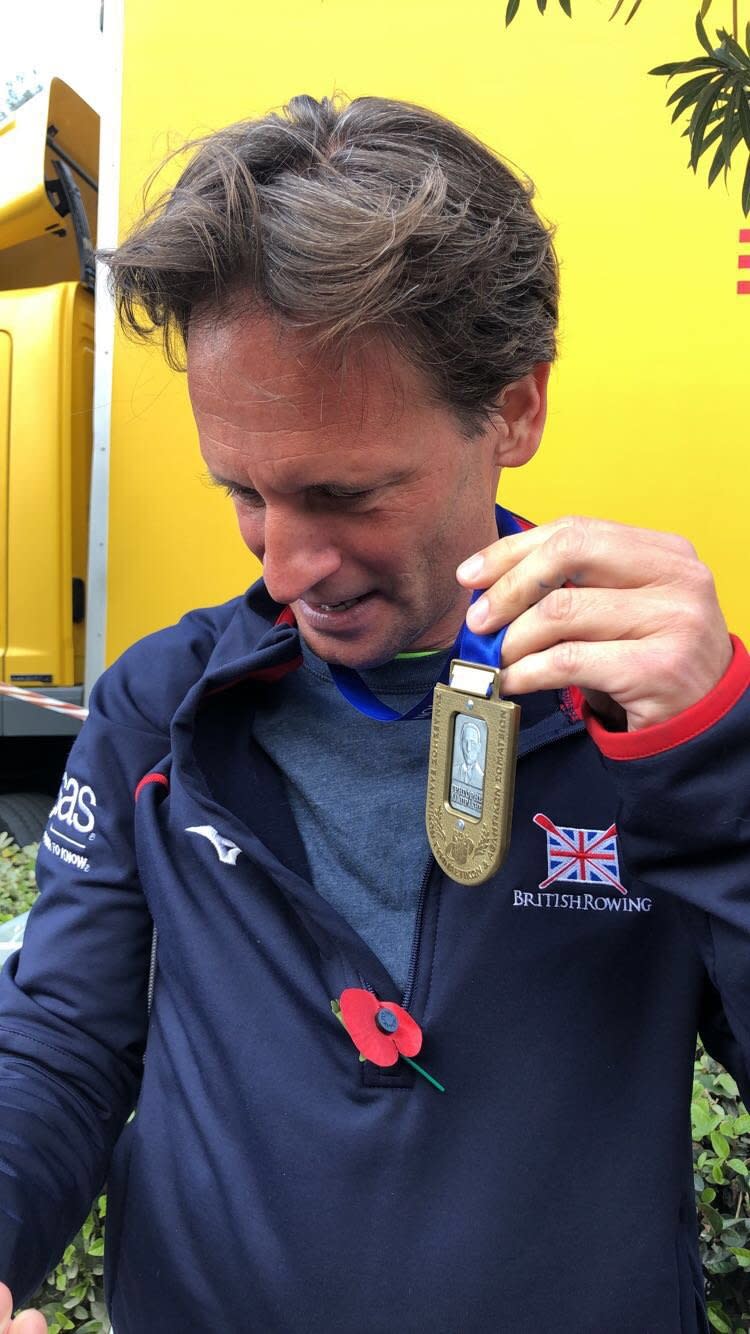British rowing boss: Broken lift in hospital almost cost me my life
The chairman of British Rowing almost died from a heart attack because a hospital lift taking him to life-saving treatment was broken.
Mark Davies, 47, said he “nearly didn’t make it” because one lift at Hammersmith Hospital’s heart attack centre was out of order and the second was “permanently full”.
He went into cardiac arrest twice in the lift and three times in the examination room. He received five shocks from a defibrillator to restart his heart.
He recalled “waiting ages” on a trolley. “As I lay on a trolley, the lift would empty of visitors at the ground floor, go down to the lower ground, fill up with people, and come past us again on the ground floor, full.”
He was eventually put on a lift going in the wrong direction to get him to the first-floor catheter lab. One medic told him as they waited: “This is usually the slowest part of the journey.” His wife Miranda later admitted she thought he would die in the lift.

Mr Davies has raised almost £100,000 through JustGiving to fund a third lift at the unit. He ran the Athens Marathon on the anniversary of his collapse last month.
The lift is due to be installed in April and will be reserved to take patients from the ambulance entrance to the cardiac unit. “I was waiting long enough that I went into full-blown cardiac arrest in the lift,” he told the Standard. “I should have been out of the lift by then. The reason I wasn’t was because we had to wait.” When he was recovering he said: “I vowed to do something about it.”
He said porters knew of the unreliability of the lifts. “They would have to lean on the door of the lift in order to close it,” he said. “In the process, sometimes they would trigger the alarm. Having had the experience myself where it nearly cost me, I just thought something surely can be done about it.”
Mr Davies collapsed at home in Barnes on November 11 last year. He said he survived because of the quick thinking of NHS111 call handler, who recognised the symptoms and summoned an ambulance, and the expertise of medics at the centre, one of eight specialist units in London.
A spokesman for Imperial College Healthcare NHS Trust, said: “Mr Davies’s fundraising efforts will ensure that patients needing emergency access to our heart attack centre benefit from a dedicated lift.”

 Yahoo News
Yahoo News 
